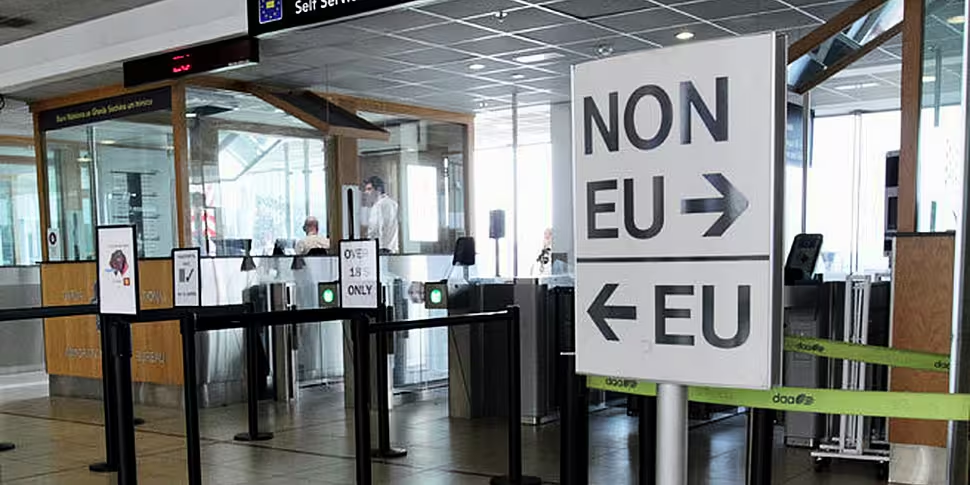As Britain begins its path to leave the European Union, Ireland may be looking at closer ties with the continent.
As it currently stands, Ireland has an agreement known as the Common Travel Area with the UK, which has been in operation since the 1920s.
This allows us to move freely between the two countries.
This means that there are no passport controls in operation for Irish and UK citizens travelling between the two countries, and you do not need to have a passport in order to enter the other country.
But all air and sea carriers require some form of identification, and some regard a passport as the only valid identification.
However this Common Travel Area is not specifically provided for in legislation.
What is Schengen?
Twenty-six other EU member states are part of the Schengen Agreement, which sees their internal borders abolished.
Border posts and checks have been removed, and a common Schengen visa allows tourist or visitor access to the area.
The Schengen countries have:
- Common rules about entry and short stay visas
- Removed checks at their common borders and only have checks at the external borders
- Arrangements for coordination between the police, customs and the judiciary in the Schengen area states and for taking measures to combat terrorism and organised crime
Image: European Commission
But Ireland and the UK are not members of the agreement - instead opting for the Common Travel Area.
This means that Irish people are subject to passport checks at the borders of other EU member states.
Ireland can become a full member:
However, it is open to Ireland to take part in these arrangements if all of the Schengen members - and a representative of the Irish government - vote unanimously in favour within the Council of the EU.
Ireland and Britain have adopted some elements of Schengen, such as the Schengen Information System (SIS).
This a large scale EU database which facilitates the exchange of alerts, information and biometric data relating to wanted persons, criminal activity and stolen property between police, borders and customs authorities across the Schengen member states.
The future of the Common Travel Area:
The future of the Common Travel Area with a British exit from the EU is unclear.
The Irish Government's Brexit contingency plan says there will be no immediate customs posts along the border with Northern Ireland, while negotiations are underway.
However it states: "It is difficult to imagine a situation where there will be no controls or checks on the movement of goods when the UK leaves the EU."
"This would inevitably involve additional costs. There might conceivably be British as well as EU measures."
"It should be noted that the customs régime between the EU and some other third countries does not, however, involve fixed border posts but a less disruptive mixture of electronic filing and random physical checks", it adds.
But now with our biggest partner set to no longer be subject to EU regulations, is it time to for Ireland to put down the passport?










